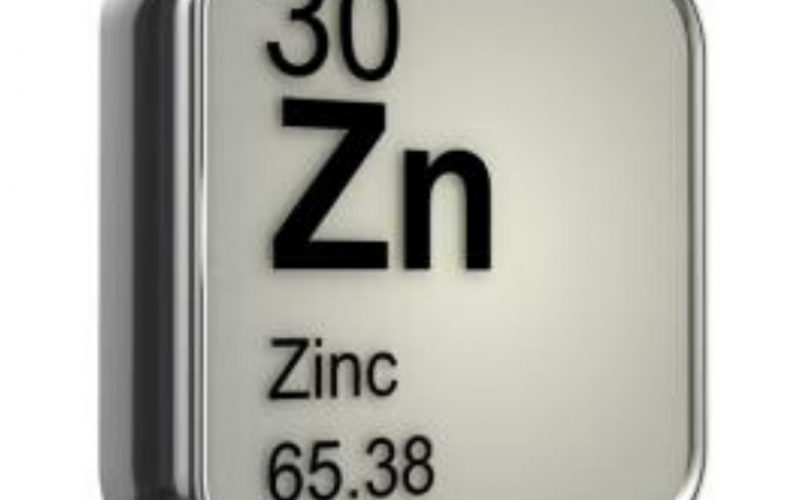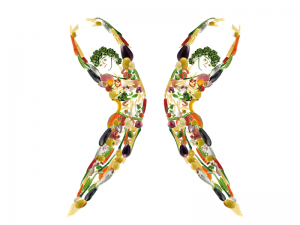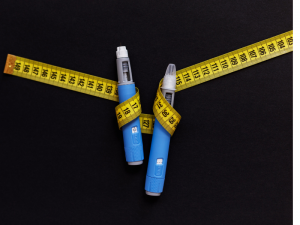Zinc is an essential trace element involved in many crucial processes in our body including the optimal function of over 300 enzymes, facilitating digestion, strengthening the heart, metabolising nutrients, and maintaining our immune system and fighting free-radical damage.
We need a steady daily supply of Zinc to stay healthy as it also has an anti-inflammatory and antioxidant role. It also has a significant impact on hormonal balance for both men and women, even a small deficiency can cause an increased risk of diabetes or infertility. Are you getting all you need?
Zinc, fun facts
- Zinc is the most abundant metal in the body after iron.
- Historians believe the name come from the German word ‘Zinke’, which means pointed.
- Zinc is the 24th most plentiful element on Earth’s crust.
- The explosion of a dying star otherwise known as a supernova produces and scatters zinc and other minerals throughout space.
- According to the Journal of the Royal Society of Medicine sucking on a zinc lozenge can shorten the duration of cold symptoms by around three days.
Benefits of Zinc
- Acts as a powerful antioxidant
- Increases immunity and fights colds
- Maintains heart health by supporting blood vessels
- Aids in nutrient absorption and digestion
- Prevents diarrhoea
- Promotes liver health
- Balances hormones
- Helps with muscle growth and repair
- Increases fertility
- Fights diabetes
Are you at risk of deficiency?
- About 4 – 7% of the UK population have a zinc deficiency
- Vegan or vegetarian, or anyone following a plant-based diet that excludes dairy products may be at risk
- The elderly, as the ability to absorb zinc declines with age
- People with gastrointestinal diseases including ulcerative colitis, Crohn’s disease, short bowel syndrome and chronic diarrhoea.
- Taking large amounts of iron supplements can interfere with zinc absorption.
- People with chronic liver or kidney disease.
- Alcoholism decreases zinc absorption and increases urinary zinc excretion.
- Children and adults living with Sickle Cell Disease.
- People with diabetes.
- In women taking hormone medication: the birth control pill or hormone replacement therapy. As these can interfere with zinc absorption and use in the body.
- Pregnant and breastfeeding women
Signs and symptoms of zinc deficiency
- Changes in appetite
- Food cravings for salty or sweet foods
- Changes in ability to taste and smell
- Brittle nails with white spots on them
- Weight changes, up or down
- Hair loss
- Digestive problems, including diarrhoea
- Chronic fatigue syndrome
- Infertility
- Hormonal problems, including worsened PMS or menopause symptoms
- Low immunity
- Poor concentration and memory
- Slowed ability to heal wounds, skin infections or irritation
- Nerve dysfunction
- In men, symptoms of low testosterone including low libido, erectile dysfunction, poor ejaculations
How much do we need?
Eating a healthy balanced diet that includes zinc-rich foods should meet everyone’s needs. The recommended daily zinc intake for an man is 16 -22 mg, and woman is 12-16 mg. A 100g serving of lean beef fillet has around 5 mg, 100g chicken breast, butter beans or sardines each contains around 1 mg.
Dietary sources of Zinc
- Red meat and poultry
- Oysters, crab, lobster and other shellfish
- Pulses, nuts and legumes.
- Whole grains
- Fortified breakfast cereals.
- Eggs
- Dairy products such as cheese.
- Dark chocolate
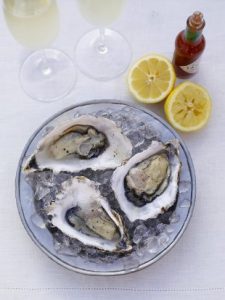
Oysters are the highest food source of Zinc
Tips for people eating plant-based diets
- The phytates found in legumes such as chickpeas lentils, beans and seeds inhibit the absorption of zinc (and other mineral), meaning zinc from legumes isn’t as well absorbed as the zinc from animal products.
- Soaking or sprouting beans, legumes, seeds and grains will help reduce the Phytic acid content, so more zinc is absorbed.
Some types of acids found in foods can increase the absorption of zinc including:
- Sulphur-containing amino acids found in garlic and onions.
- Citric acid from oranges and other citrus fruits.
- Malic acid found in apples,
- Tartaric acid found in grapes
Also, eating more protein can increase zinc absorption.
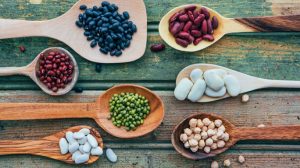
Supplements
Please discuss supplements use with your doctor, dietitian or nutritionist if you have a health condition and/or are taking prescription medications.
Summary
The best way to ensure you are getting enough is to eat a varied diet with good sources of zinc, such as meat, seafood, nuts, seeds, legumes and dairy. If you’re worried that you’re not getting enough zinc through your diet, consider speaking to your doctor about the possibility of taking a supplement.

